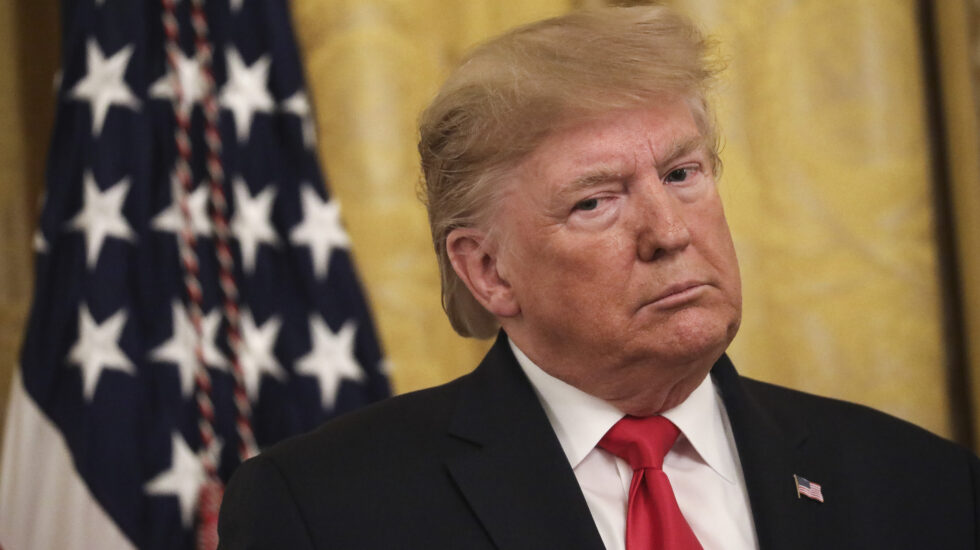The House committee investigating the January 6th attack on the U.S. Capitol has already begun receiving hundreds of pages of documents former President Donald Trump tried to shield from them, according to committee leaders Reps. Bennie Thompson (D-MS) and Liz Cheney (R-WY).
“Our work goes forward to uncover all the facts about the violence of Jan. 6 and its causes,” they said.
The Supreme Court approved the transfer Wednesday night in a highly anticipated decision that represents a stinging rebuke of Trump. In an unsigned, one-paragraph order, the Justices did not expound on their decision beyond citing an earlier Appeal’s Court ruling that Trump’s executive privilege claims would have failed even if he were the sitting president.
The Justices said the questions raised by the case are “unprecedented” and represent “serious and substantial concerns.” They added that their ruling should not carry the weight of precedent. Justice Clarence Thomas was the lone dissenter.
Thompson and Cheney said the high court’s decision is “a victory for the rule of law and American democracy.”
White House spokesman Michael Gwin added: “The former President subverted the constitution in an attempt to overturn a lawful and fair election. His actions represented a unique and existential threat to our democracy, and President Biden has been clear that these events require a full investigation to ensure that what we saw on January 6th can never happen again.”
POLITICO provides key background information:
Trump had sought to block access to more than 750 pages of records that the National Archives, which house the former president’s records, determined were relevant to the Jan. 6 committee’s investigation. The records include “draft text of a presidential speech for the January 6, 2021, Save America March; a handwritten list of potential or scheduled briefings and telephone calls concerning election issues; and a draft Executive Order concerning election integrity … a draft proclamation honoring deceased Capitol Police officers Brian Sicknick and Howard Liebengood, and associated e-mails from the Office of the Executive Clerk, which relate to the Select Committee’s interest in the White House’s response to the Capitol attack.”
The ruling may be the most significant moment yet for the Jan. 6 select committee investigating the attack on the Capitol. It will help the panel connect dots between Trump’s efforts to stoke disinformation about the 2020 election results and his awareness of the threat of violence posed by the groups that heeded his call to descend on Washington. They’ll also reveal details about what actions he took as the mob of his supporters surrounded and breached the Capitol, overrunning law enforcement and sending Congress fleeing for safety.
The Washington Post reports on Trump’s love-hate relationship with the Supreme Court:
[Wednesday’s ruling] was another defeat for Trump at the Supreme Court, where he chose a third of the sitting justices. The former president said in the past he is disappointed in the high court and that some of the justices lack “guts.”
The court turned aside requests from Trump and his supporters to get involved in challenges to the 2020 election results. It ruled against his claims that the presidency protected him from investigation and rejected his efforts to block release of his financial records.
Despite his string of defeats before the high court, Trump released a press statement on Tuesday which shared a Newsmax article titled “Supreme Court: Trump’s Most Enduring Gift to America.”
NPR adds that “The [January 6th committee]is now pursuing phone records for Trump’s son Eric and Kimberly Guilfoyle, who is engaged to Donald Trump Jr.”



